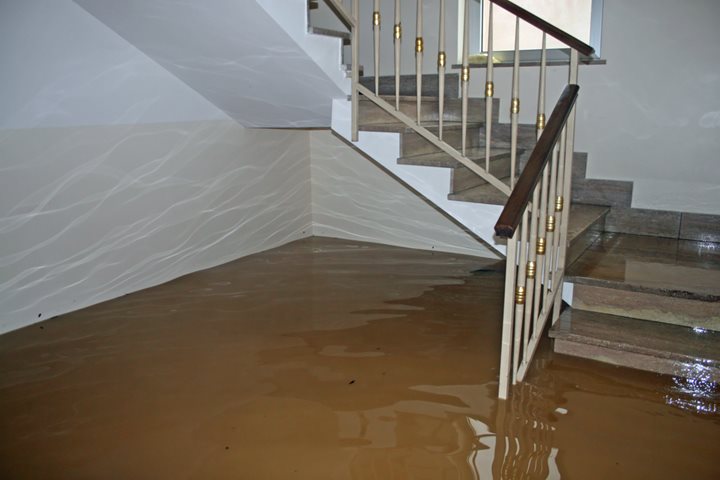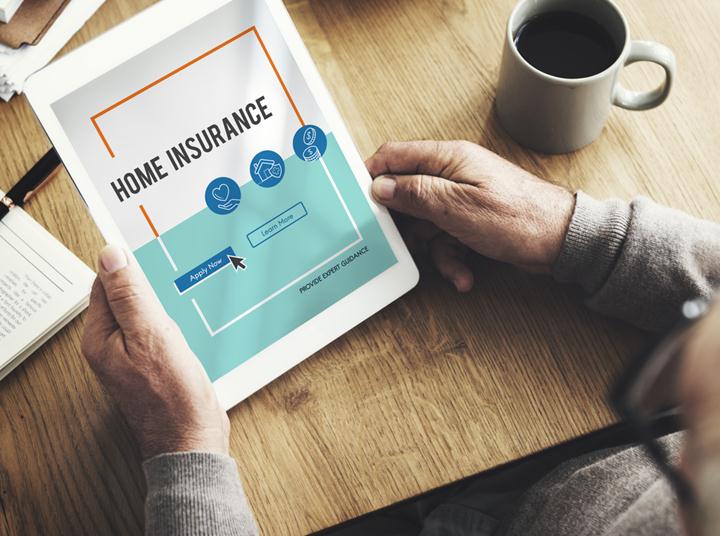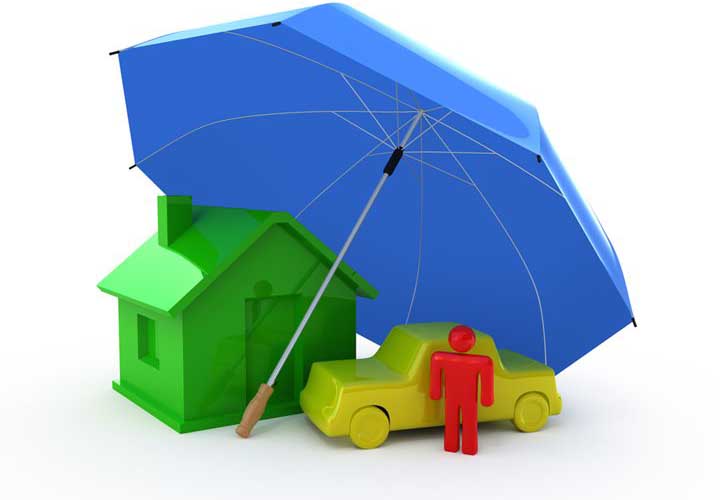Home insurance is a type of security that most homeowners need to have. This type of protection helps ensure that the individual’s home is protected if something were to happen to it to cause significant damage. Home insurance is a way to reduce the risks you face as a homeowner. Consider what it is and how it works.
What Does Home Insurance Do for You?
A home insurance policy is a type of financial protection. You pay a premium, or fee, to have this type of coverage. In many situations, you will not have to file a claim against the policy, but in the event of a large claim, it can be a critical way to helping you avoid the cost of losing a home. Every policy is different in terms of what it covers and what it does not. However most home insurance policies protect against the most common risk factors such as:
- Fires: small or large, that damage the structure of the home or the contents of your home
- Theft: when it happens at your residence
- Vandalism: such as broken windows, graffiti, or other acts from other people
- Storm damage: including damage to your home from wind, hail, and ice
- Falling objects: protection from tree limbs or other items that may fall onto your home and cause damage to the structure.
If one of these events happens, the individual is able to file a home insurance claim with their agency. The company will then provide funds to make the repairs or replace the items lost. The policy will provide coverage up to the dollar amount listed on the policy. Home insurance coverage should be enough to cover any home value as well as additional funds that may be needed.
What Other Policies Do You Need?
When you purchase home insurance, do not assume that a basic policy is enough for you. Most policies in high threat areas do not provide protection from threats such as hurricanes, earthquakes, floods, or tornadoes unless your policy specifically states that it does. Be sure to read through all exclusions on your policy to ensure it provides ample protection for your home.
For example, your home insurance policy is unlikely to provide you with coverage against flooding if you live in a flood hazard area. However, you can add on a policy for flooding to the basic coverage. This gives you enough protection to cover costs of water damage restoration and repairs.
If you own a small business that you operate out of your home, you should also include coverage for that business, including protection from loss of the business, loss of equipment, and liability protection. Another consideration is homeowner’s rental insurance. If you only rent out your home or other building on your property a few week a year, your homeowner’s insurance will likely cover it. If you rent more often than that, then you’ll need a full rental policy.
How Can You Save Money on Home Insurance?
If you are in the market to purchase home insurance, consider the following tips to help you to reduce the overall cost:
- Purchase enough coverage without over-purchasing. It is somewhat common for individuals to purchase too much protection.
- Bundle your home insurance with your auto coverage, life insurance, and other insurance products you have. This can help you to save a substantial amount of money overall.
- Install a home security system. Doing so can help you to qualify for discounts on your policy. Be sure to tell the home insurance company about this addition.
- Be claim free. If you do not file a claim on your homeowners insurance policy, you likely will qualify for a lower amount in premium costs year to year.
- Raise the deductible. The deductible on a homeowners insurance policy is the amount of money you have to pay before the insurance will kick in to cover this. Make sure you can still pay it, but keep it as high as you feel comfortable with.
- Get multiple quotes. Different home insurance companies have different criteria, prices, and coverage, so shopping around is the way to make sure that you get the best homeowner insurance policy.
Home insurance is a necessity. If you have a mortgage loan on your home, your mortgage lender requires you to have protection that is at least the amount of the mortgage debt you have. It is an important decision to have this level of protection since the home is one of the largest investments you will ever make.
Photo: Depositphotos/©Shutter_M









